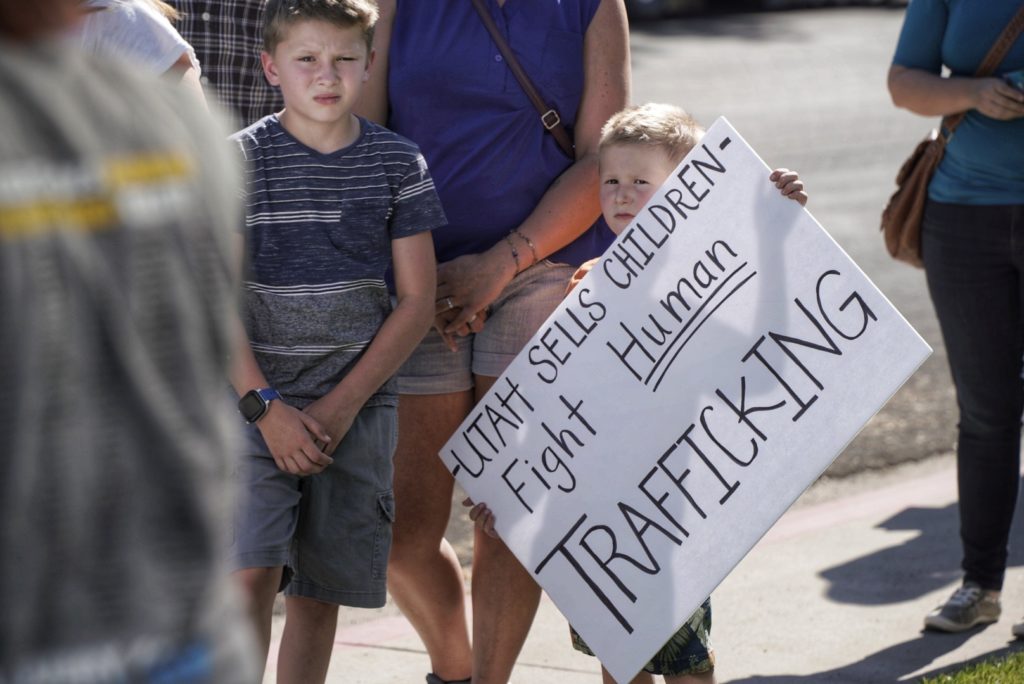
COVID-19 has created circumstances in which the health and safety of victims and people vulnerable to human trafficking are at greater risk than usual.
The issue has gained more attention as World Day Against Trafficking in Persons is on July 30.
Polaris reported the U.S. National Human Trafficking Hotline handled over 40% more cases in the month following the shelter-in-place orders than the previous month.
This spike in trafficking cases is due in part to the fact that the circumstances which facilitate human trafficking, such as poverty and systemic inequality, have been exacerbated by the pandemic, the Polaris report stated.
Brendan Call, section chief of five different units with the Utah Trafficking in Persons Task Force, confirmed trafficking “hasn’t slowed down at all” during the pandemic.
The United Nations Office on Drugs and Crime issued a briefing that described many of the dangers COVID-19 has created for victims and at-risk populations.
For current trafficking victims, the most prominent risks are health-related. The briefing said trafficking victims have fewer means of preventing contracting the virus. They also have less access to healthcare services, meaning those who get it might not receive proper treatment.

Operation Underground Railroad. (Operation Underground
Railroad)
The United Nations briefing also noted that lockdowns and shelter-in-place orders also trap victims with their traffickers in many cases.
“Restriction or control of movement of victims is a common feature of trafficking in persons,” the briefing said. “Lockdowns and confinement could reinforce the isolation of victims and reduce drastically any chance of them being identified and removed from such exploitative situations.”
Business lockdowns create difficulties for the operatives who perform the rescue operations, Call said. With many small businesses that serve as fronts for the trafficking industry closed, trafficking still happens, but investigations hit a road block.
The United Nations briefing also enumerated some of the risks facing vulnerable populations, not the least of which is economic hardship. Traffickers often seize control over victims by promising money or employment, and many people have lost their jobs or had their incomes reduced because of COVID-19 economic shutdowns.
“This means a vulnerable population has now become even more exposed to the risk of severe exploitation as they try to identify means to secure their livelihoods,” the briefing said.
The United Nations briefing also identified children as being especially vulnerable to exploitation during the pandemic because of school closures. For many children, school is not only a place of learning but their primary source of food or shelter. Without school, children in impoverished households may be left at the mercy of traffickers who can offer these basic provisions.
Being out of school also leaves children with more time to spend online, where many online sexual predators locate and groom their next victims, the briefing said.
Call said he’s noticed a recent increase in cases for Utah’s Internet Crimes Against Children Task Force.
“Their tips for people looking at child pornography have skyrocketed during this pandemic,” he said. “So I would say that that same thing is probably true with people reaching out and grooming.”
The Utah Trafficking in Persons Task Force has implemented new safety precautions to protect against COVID-19, such as masking operatives, rescued victims and arrested traffickers, but Call said their work is still going forward. “It hasn’t slowed us down at all.”




